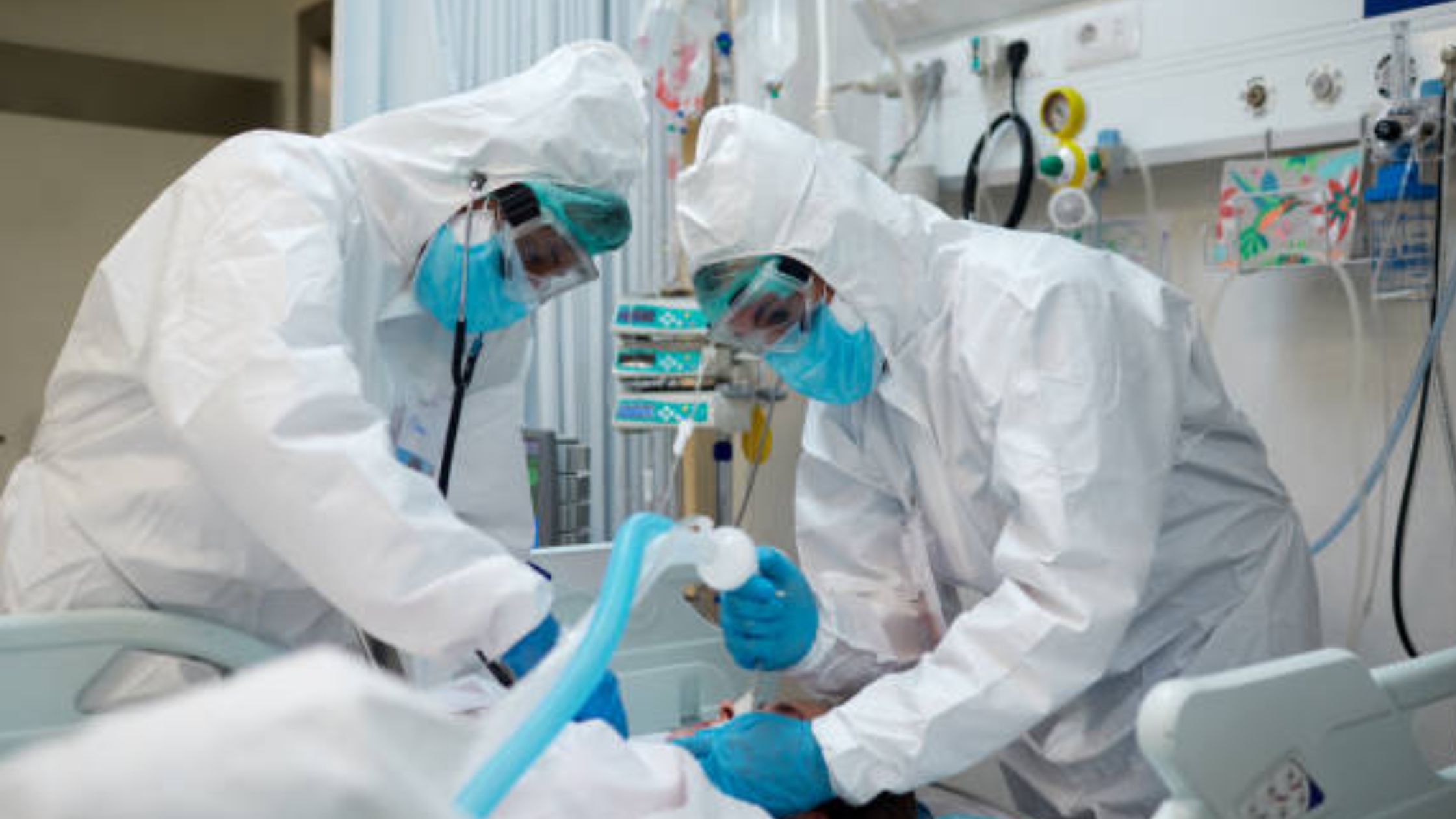
Innovations in critical care technology are continually evolving to enhance patient outcomes and streamline healthcare delivery. Here are five notable advancements:
Telemedicine and Remote Monitoring: Telemedicine platforms and remote monitoring devices enable healthcare providers to monitor patients in critical care settings from a distance. These technologies allow for real-time data collection, including vital signs, ECG readings, and oxygen levels, facilitating early detection of deterioration and timely intervention.
Artificial Intelligence (AI) and Predictive Analytics: AI-powered algorithms analyze large datasets to predict patient deterioration, identify patterns, and recommend personalized treatment plans. These technologies can assist clinicians in making faster and more accurate diagnoses, optimizing resource allocation, and improving patient outcomes.
Advanced Ventilation Strategies: Innovations in mechanical ventilation systems aim to improve patient comfort, minimize ventilator-induced lung injury, and enhance oxygenation. Adaptive ventilation modes, lung protective strategies, and personalized ventilation algorithms are examples of advancements in this field.
Extracorporeal Life Support (ECLS): ECLS, including extracorporeal membrane oxygenation (ECMO) and extracorporeal CO2 removal (ECCO2R), provides temporary support to failing cardiac or respiratory systems. Recent innovations in ECLS technology focus on miniaturization, improved biocompatibility, and simplified circuit design to make these therapies more accessible and effective.
Point-of-Care Testing (POCT): Point-of-care testing devices enable rapid and accurate diagnostic testing at the patient's bedside, reducing turnaround times and facilitating prompt decision-making. These devices cover a wide range of parameters, including blood gases, electrolytes, coagulation factors, and biomarkers, allowing clinicians to monitor patient status more closely and adjust treatment accordingly.
These innovations represent a glimpse into the future of critical care, where technology continues to play a vital role in improving patient outcomes, enhancing workflow efficiency, and advancing medical knowledge.